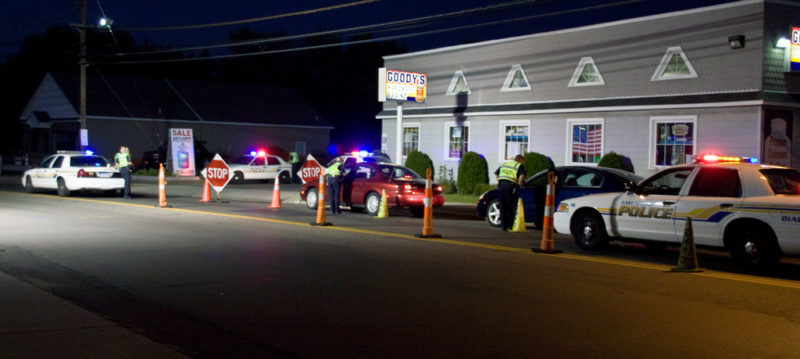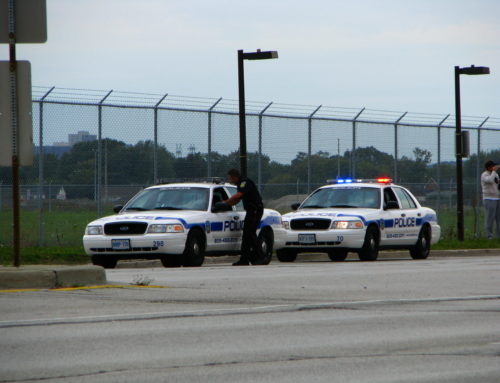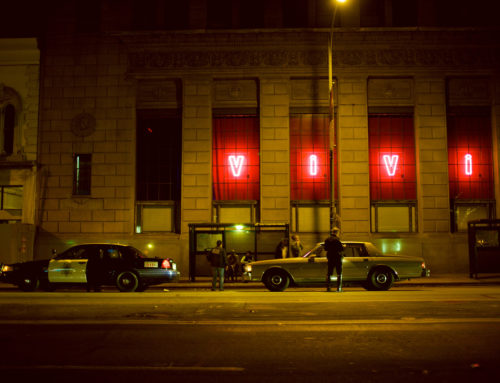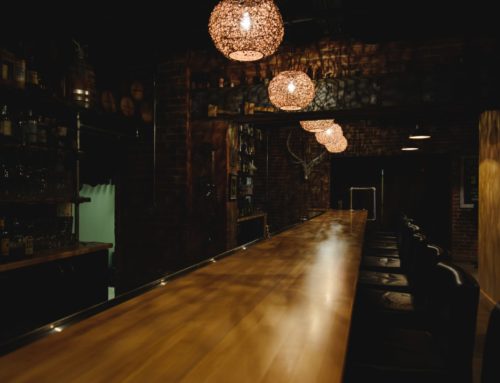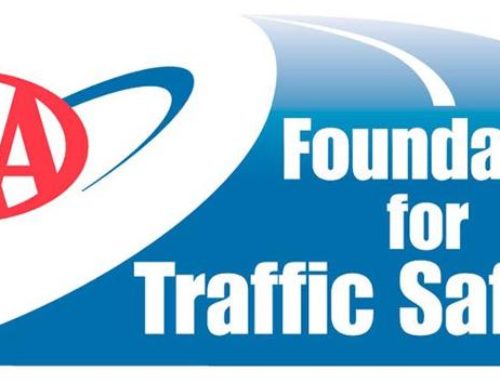Law enforcement has insisted that it’s a matter of public safety when planning and setting up DWI checkpoints in New York, Los Angeles, Miami or any other city. But do all drivers get the same treatment when it comes to screening for impaired drivers?
A report in the Chicago Tribune says that the Chicago Police Department sets up DUI checkpoints almost exclusively in African American and Latino areas of the city. Police stopped motorists at 14 sites between March and September 2015, nine of them were in police districts where the majority is African American or Latino areas and only one checkpoint was in an area where the majority is white.
The Chicago Tribune cites examples of this difference noting that seven miles south of Chicago police announced 10 roadside checks over the same period in the Austin district, a section on the West Side of the city which is predominantly African American, had the least alcohol-related accidents, while the predominantly white Jefferson Park District had the third highest number of crashes. And yet, authorities skipped the Jefferson Park area for scheduling DUI checkpoints, and instead scheduled them for the Grand Crossing District.
Federal guidelines for sobriety checkpoints data collection and safety of both officers and motorists, and also suggest that departments consider where crashes occur in deciding where checks should be placed.
A spokesman for the Chicago Police says “police use crash and citation data to choose the DUI checkpoint locations and that their goal is to safeguard the people of Chicago”. When the Tribune analyzed police data earlier in the year it did not find a clear indication of the correlation between a high number of DUI checkpoints and fewer alcohol related crashes. The data however did show that in the last five years law enforcement set up 84 percent of 152 checkpoints in minority neighborhoods.
The chairman of the Chicago City Council’s Black Caucus has recently called for hearings on how police select the checkpoint locations due to this data.
Due to legal issues surrounding the use of sobriety checkpoints, some states have laws authorizing their use, while others find them unconstitutional. For more on what the sobriety checkpoint laws in your state are, click here.
The exclusive purpose of this article is educational and it is not intended as either legal advice or a general solution to any specific legal problem. Corporate offices for Nave DWI Defense Attorneys are located at 432 N. Franklin Street, Suite 80, Syracuse, NY 13204; Telephone No.: 1-866-792-7800. Prior results do not guarantee a similar outcome. Attorney Advertising.

